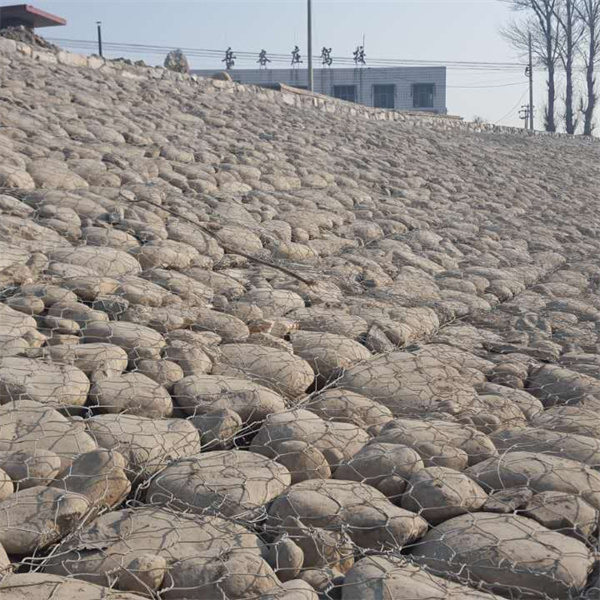Nov . 29, 2024 21:13 Back to list
Wholesale Gabion Retaining Wall Specifications and Design Details for Construction Projects
Understanding Wholesale Gabion Retaining Wall Details
Gabion retaining walls are increasingly popular in both commercial and residential projects due to their unique benefits and aesthetic appeal. These structures are composed of wire mesh cages filled with stones or other materials, and they serve a variety of purposes, including soil erosion control, slope stabilization, and creating visually attractive landscapes. In this article, we will delve into the details of wholesale gabion retaining walls, exploring their construction, advantages, and applications.
Construction Details
Gabion walls are typically constructed using welded or galvanized wire mesh, which is assembled into cages or boxes. These cages are then filled with durable materials, such as natural stones, river rocks, or recycled concrete. The size of the gabions can vary, but they are often made in standard dimensions to simplify the installation process. When purchasing wholesale gabion retaining walls, it’s essential to consider the quality of the wire mesh and the type of fill material, as both significantly affect the wall's longevity and structural integrity.
Installing a gabion retaining wall involves several steps. Firstly, a proper foundation is required, which may necessitate excavation and leveling of the ground. Next, the gabion cages are placed along the wall’s outline and secured in position. Finally, they are filled with the chosen materials and compacted to enhance stability. This straightforward construction method contributes to the popularity of gabion walls among builders and property owners.
Advantages of Gabion Walls
wholesale gabion retaining wall detail

Gabion retaining walls offer numerous advantages over traditional walls made from concrete or masonry. Firstly, their permeability allows water to flow through, reducing hydrostatic pressure and erosion. This quality makes them particularly effective in areas prone to heavy rainfall or flooding. Additionally, gabion walls can adapt to shifting soil and weather conditions, which helps in maintaining structural integrity over time.
Another notable benefit is their aesthetic versatility. By using various types of stones or decorative materials in the fill, gabion walls can blend seamlessly into their natural surroundings or even enhance the landscape’s visual appeal. Furthermore, they are environmentally friendly, as they allow vegetation to grow through the mesh, promoting biodiversity and adding to the ecosystem.
Applications
Gabion retaining walls find use in various applications, including road construction, hillside stabilization, and landscaping. They are commonly employed in civil engineering projects to prevent soil erosion along highways and riverbanks. In residential landscaping, these walls can create tiered gardens, seating areas, and sound barriers.
In conclusion, wholesale gabion retaining walls represent a practical and appealing solution for various construction and landscaping needs. With their ability to control erosion, adapt to environmental changes, and offer aesthetic flexibility, these structures stand as a testament to the innovative approaches to modern engineering. Whether for commercial use or personal gardens, gabion walls provide durability and beauty, making them a wise investment for the future.
-
Visualizing Gabion 3D Integration in Urban Landscapes with Rendering
NewsJul.23,2025
-
The Design and Sustainability of Gabion Wire Mesh Panels
NewsJul.23,2025
-
The Acoustic Performance of Gabion Sound Barriers in Urban Environments
NewsJul.23,2025
-
Mastering the Installation of Galvanized Gabion Structures
NewsJul.23,2025
-
Gabion Boxes: Pioneering Sustainable Infrastructure Across the Globe
NewsJul.23,2025
-
Custom PVC Coated Gabion Boxes for Aesthetic Excellence
NewsJul.23,2025
-
Installation Tips for Gabion Wire Baskets in Erosion Control Projects
NewsJul.21,2025






